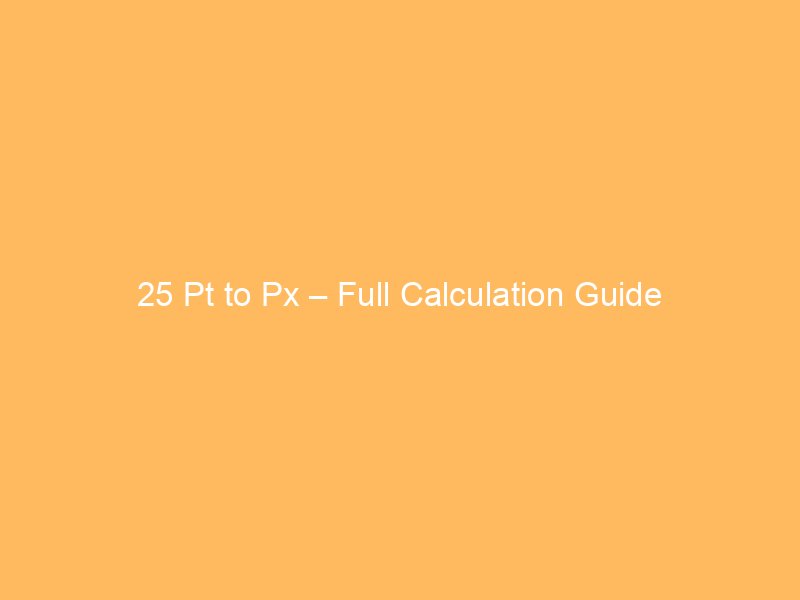48 kilos equals approximately 105.8 pounds.
This conversion is achieved by multiplying the weight in kilos by 2.20462, which is the number of pounds in one kilogram. Therefore, 48 kilos times 2.20462 results in about 105.8 pounds, giving an easy way to switch between the two units.
Conversion Result
When converting 48 kilos to pounds, multiply 48 by 2.20462. The calculation is 48 x 2.20462 = 105.8 pounds. This means that 48 kilos is roughly 105.8 pounds, showing how many pounds are equivalent to that weight in kilos.
Conversion Tool
Result in pounds:
Conversion Formula
The formula to convert kilos to pounds multiplies the weight in kilos by 2.20462, because this is the number of pounds in one kilogram. For example, if you have 10 kilos, multiply 10 by 2.20462, giving 22.0462 pounds.
Math example: 10 x 2.20462 = 22.0462. For 48 kilos, the calculation is 48 x 2.20462, which results in approximately 105.8 pounds. This straightforward multiplication makes the conversion simple and accurate.
Conversion Example
- Convert 20 kilos:
- Step 1: Take 20 kilos.
- Step 2: Multiply 20 by 2.20462.
- Step 3: 20 x 2.20462 = 44.0924.
- Result: 20 kilos equals approximately 44.0924 pounds.
- Convert 35 kilos:
- Step 1: Take 35 kilos.
- Step 2: Multiply 35 by 2.20462.
- Step 3: 35 x 2.20462 = 77.1617.
- Result: 35 kilos is roughly 77.1617 pounds.
- Convert 60 kilos:
- Step 1: Take 60 kilos.
- Step 2: Multiply 60 by 2.20462.
- Step 3: 60 x 2.20462 = 132.2772.
- Result: 60 kilos equals about 132.2772 pounds.
Conversion Chart
| Kilos | Pounds |
|---|---|
| 23.0 | 50.7063 |
| 25.0 | 55.1152 |
| 30.0 | 66.1386 |
| 35.0 | 77.1617 |
| 40.0 | 88.1849 |
| 45.0 | 99.2081 |
| 50.0 | 110.2314 |
| 55.0 | 121.2545 |
| 60.0 | 132.2772 |
| 65.0 | 143.3003 |
| 70.0 | 154.3235 |
| 73.0 | 160.9373 |
This chart shows kilos in the first column and their equivalent pounds in the second. To find the pounds for any kilo value listed, look across to see the conversion. Use this to quickly estimate weights without calculations.
Related Conversion Questions
- How many pounds are in 48 kilos?
- What is 48 kilos converted to pounds?
- Can you tell me the pound equivalent of 48 kilos?
- How do I convert 48 kilos into pounds manually?
- What is the pound value for 48 kilos on a weight chart?
- How many pounds do I have if I weigh 48 kilos?
- Is 48 kilos equal to about 106 pounds?
Conversion Definitions
Kilos
Kilos, or kilograms, are units of mass in the metric system, used worldwide for measuring weight. One kilo equals 1,000 grams, and it is a standard measure for body weight, objects, and parcels.
Pounds
Pounds are units of weight primarily used in the US and UK systems, where one pound equals 16 ounces or approximately 0.453592 kilograms. It is common for weighing people, packages, and food items.
Conversion FAQs
How accurate is converting 48 kilos to pounds with the given formula?
The conversion uses a precise multiplier of 2.20462, ensuring high accuracy for typical weight measurements. Small rounding differences may occur, but for most purposes, the result is very reliable and suitable for quick references.
Can I convert any weight from kilos to pounds with the same formula?
Yes, the same formula applies to any weight measurement in kilos; simply multiply the number of kilos by 2.20462 to get the corresponding pounds. It works universally for weights within typical human and object ranges.
Why is the conversion factor 2.20462 and not a rounder number?
The factor 2.20462 is the exact value derived from the international definition of a kilogram and a pound. Rounding it to a simpler number would introduce slight inaccuracies, so the precise value is used for accuracy.
What if I want to convert pounds back to kilos?
To convert pounds to kilos, divide the weight in pounds by 2.20462. This reverse operation yields the weight in kilograms, maintaining the same level of precision.
Is there an easier way to memorize the conversion?
Memorizing that 1 kilo is approximately 2.2 pounds can help with quick estimates, but for precise calculations, using the exact factor 2.20462 is recommended to avoid errors.



